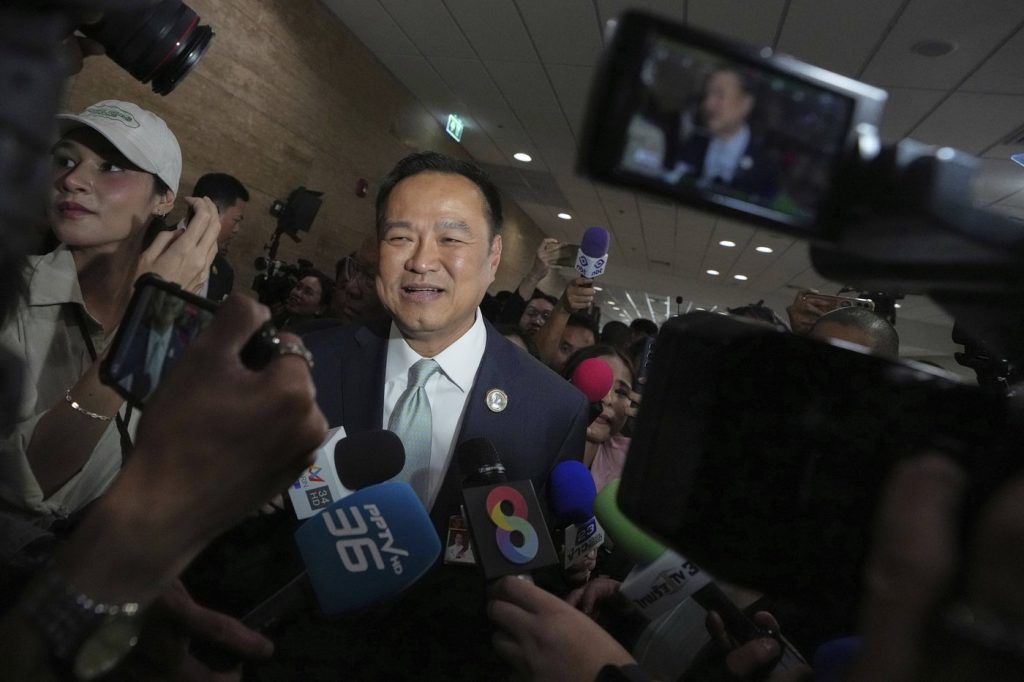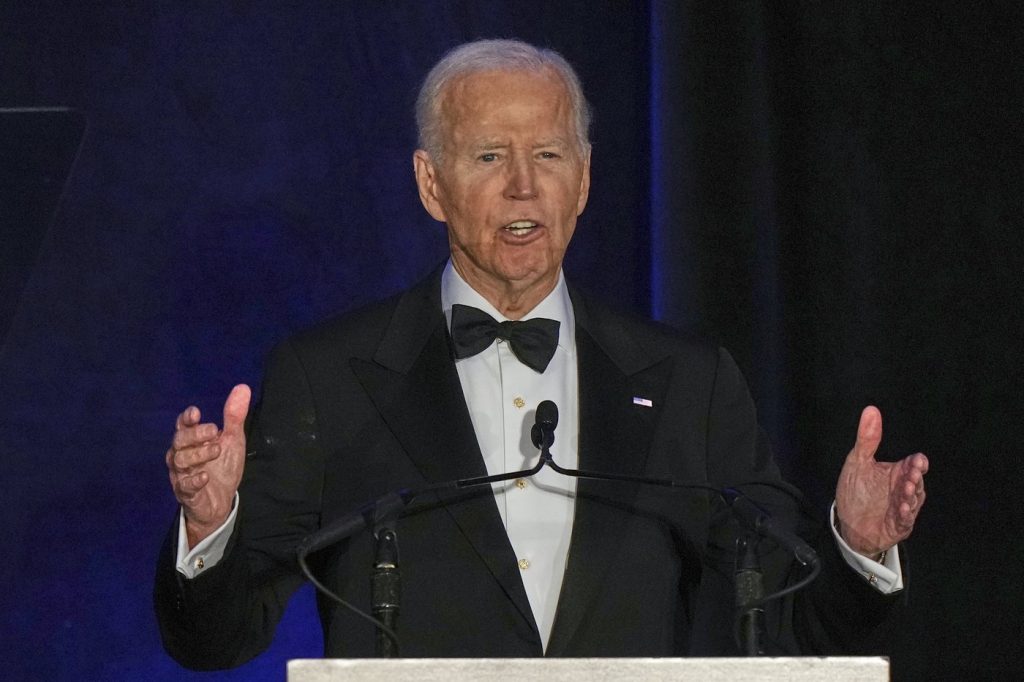BANGKOK (AP) - Thai lawmakers are convening on Friday to select a new prime minister amidst political tensions, as major parties are making contrasting commitments to dissolve Parliament and call for new elections to alleviate the ongoing political crisis in the country.
Only five candidates, nominated during the 2023 general election, meet the eligibility criteria set by Thailand's constitutional rules. Anutin Charnvirakul, the leader of the Bhumjaithai Party, is considered the frontrunner for the prime ministerial role.
Last week, the Constitutional Court dismissed Paetongtarn Shinawatra, a member of the Pheu Thai Party, as prime minister for violating ethics laws related to a phone call with Cambodia's Senate President, Hun Sen, amid tensions over border disputes. This conflict escalated into a deadly five-day armed skirmish in July.
The Pheu Thai Party, which currently leads a caretaker government, attempted to dissolve Parliament on Tuesday; however, their request was denied by the king's Privy Council. As a result, they announced on Thursday that they would nominate their only remaining candidate, former Attorney General and Justice Minister Chaikasem Nitisiri, for the vote. Chaikasem indicated that if elected, he would dissolve the house immediately following his inaugural speech to Parliament.
According to Anutin, he has secured 146 votes from his party and its allies. Additionally, the People's Party has assured its support with 143 lawmakers, exceeding the 247 votes needed for a majority in the current 492-member House.
Anutin, 58, previously served in both the Pheu Thai-led coalition government until July 2023 and in the military-backed government of former Prime Minister Prayuth Chan-ocha. He is particularly known for his role in the decriminalization of cannabis, which is now being regulated for medical use. During the COVID-19 pandemic, he faced criticism for delays in securing vaccines.
If Anutin secures the position, his party has committed to dissolving Parliament within four months as part of their agreement with the People's Party. This revelation raises the possibility of the new government operating as a minority administration, as the People's Party has stated it will remain in opposition. Furthermore, they have insisted that an Anutin-led government must hold a referendum on drafting a new constitution via an elected constituent assembly, seeking to overturn the constitution imposed during a military regime.
The People's Party, formerly known as the Move Forward Party, won the most seats in the 2023 elections but was unable to form a government after its prime ministerial candidate was rejected by a joint vote of the House and Senate. Senators, who were appointed during a military regime and aligned with the royalist conservative establishment, opposed the progressive party’s proposed reforms to the monarchy.
Following Move Forward's exclusion from power, Pheu Thai managed to secure the role for real estate executive Srettha Thavisin, who led a coalition government but was dismissed by the Constitutional Court for ethical breaches after just one year. His successor, Paetongtarn, the daughter of former Prime Minister Thaksin Shinawatra, also endured a short-lived term and faced further weakening of her coalition when Anutin's Bhumjaithai Party withdrew support following her controversial phone conversation with Hun Sen.
This withdrawal left the Pheu Thai coalition with a slim and unstable majority, further complicating the political landscape in Thailand as lawmakers gather to select a new prime minister in these uncertain times.












